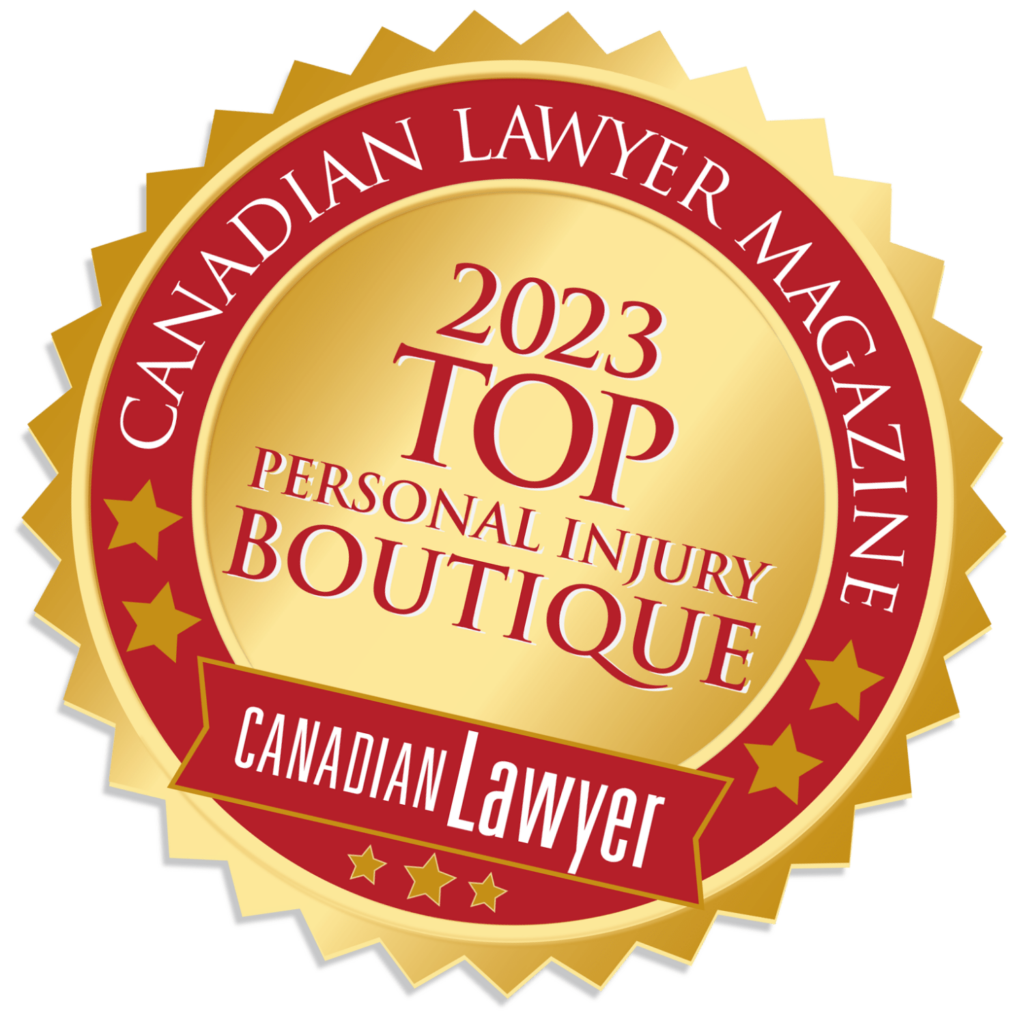
Traumatic brain injuries are often called a “silent epidemic” because they can be very challenging to identify, even by skilled medical professionals. Concussions are the most common form of TBI and they can potentially more serious than a person might initially suspect. Oftentimes, people are diagnosed with “mild” TBI, even though the consequences of the injury can be serious and long-lasting. Moderate or severe brain injuries, it should go without saying, usually mean a greater degree of cognitive, physical, and psychological consequences.
TBI is also the primary cause of death from motorcycle accidents, caused by the head’s direct impact with the pavement after being ejected from the motorcycle. In Canada, about 50% of all acquired brain injuries (of which TBI is one type) come from falls and motor vehicle accidents, and due to the exposed nature of their vehicles, motorcycle riders in particular are susceptible to suffering brain injuries in the event of a collision. In this blog post, I discuss why brain injuries are such a concern in motorcycle accidents; the best preventative measures against TBI; and what you can do if you or a loved one has sustained a brain injury as a result of a motor vehicle accident.
Brain Injuries and The Nature of Motorcycle Accidents
According to the U.S. National Highway Traffic Safety Administration, more than 80% of all reported motorcycle crashes result in injury or death to the motorcyclist. In more than half of these incidents, head injuries were estimated to be the cause of death. Many of these collisions involve a sudden stop which cause a rider’s ejection from the motorcycle, forcing them to sharply strike the ground or objects in the way of their fall. If the part of the body striking against a hard surface is the rider’s head, the chance of some form of brain injury is almost guaranteed if the rider is not wearing a helmet. And even if the head does not directly come into contact with another surface, brain injury cannot be ruled out, as a sudden jolt to the head that causes the brain to collide with the inside of a person’s skull can also trigger TBI.
Helmets: Truly The Best Prevention
There is no question, wearing a helmet is the single most effective way to reduce the risk of TBI in a motorcycle accident. One U.S. study showed that non-helmeted riders sustained a head injury at more than twice the rate of helmeted riders. Quite simply, wearing a proper helmet can save a rider’s life.
There are important guidelines to keep in mind for the proper use of helmets. The Society for Academic Emergency Medicine recommends the following:
- Make sure the helmet fits your head snugly. Wearing a helmet that is too tight or too loose defeats the purpose of wearing the protective gear.
- Coverage of the helmet on your head is imperative. The front of the helmet should cover your forehead and should be secure. It is important that your helmet isn’t too big or too small.
- Having a clear path of vision when wearing your helmet is essential. You should be able to see straight in front of you and from side to side without the helmet being a distraction.
- Purchase an approved helmet. In Canada, helmets should bear one of three approved safety certifications.
Thankfully, newer technology is not only making helmets more resistant to crashes, but also smarter. These new designs allow riders to maintain a better perspective on the road and surrounding vehicles. Helmet-mounted displays use augmented reality for navigation allowing riders to keep their focus on the road; integrated 360 degree cameras give riders a wider view of the roads, including blind spots; voice controlled commands free up drivers’ hands to maintain control of their bike; and more. But even if your helmet comes with only the most standard features, the bottom line is, wear your helmet, and use it properly. I also recommend that you purchase a full face helmet. It offers you the best protection.
In The Event of a Head Injury
Sadly, even the most conscientious motorcycle riders can sometimes fall victim to the carelessness or mistakes of other road users. If you or a loved one has sustained a head injury in a motorcycle accident, the first and most important thing to do is to get immediate medical attention to assess for brain injury and follow the recommendations for recovery. It’s also important to get a qualified legal opinion from a team experienced in motorcycle accidents, such as our team here at Howie Sacks & Henry.
If you have any questions about an accident you were injured in, please contact personal injury lawyer D. Joel Dick at djdick@hshlawyers.com or 416-572-3516.






